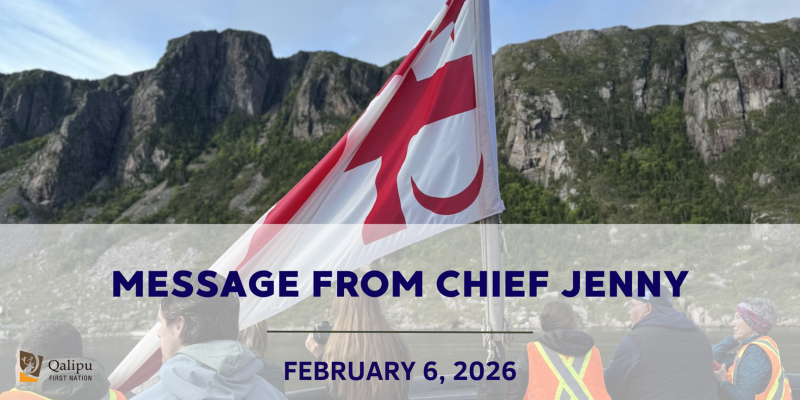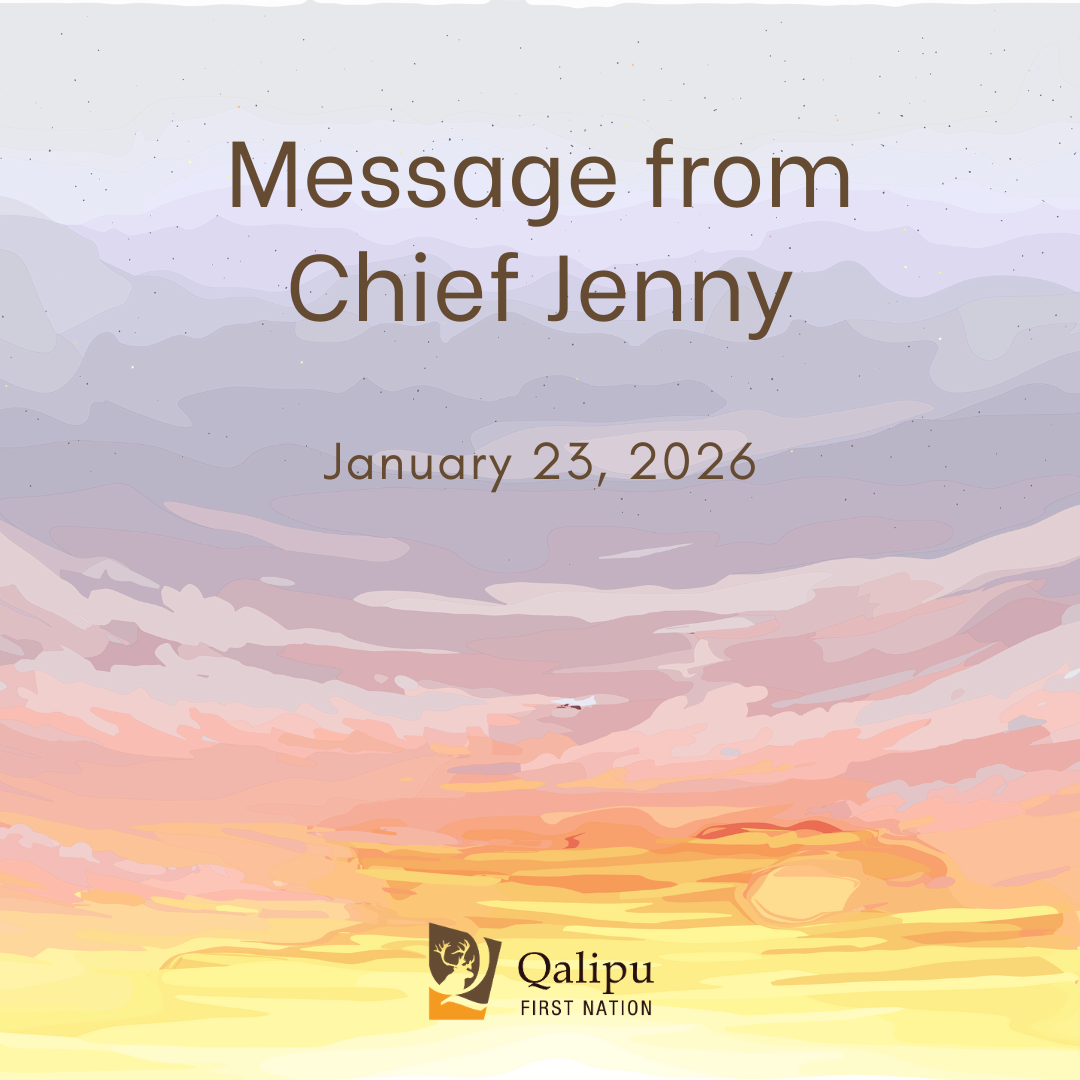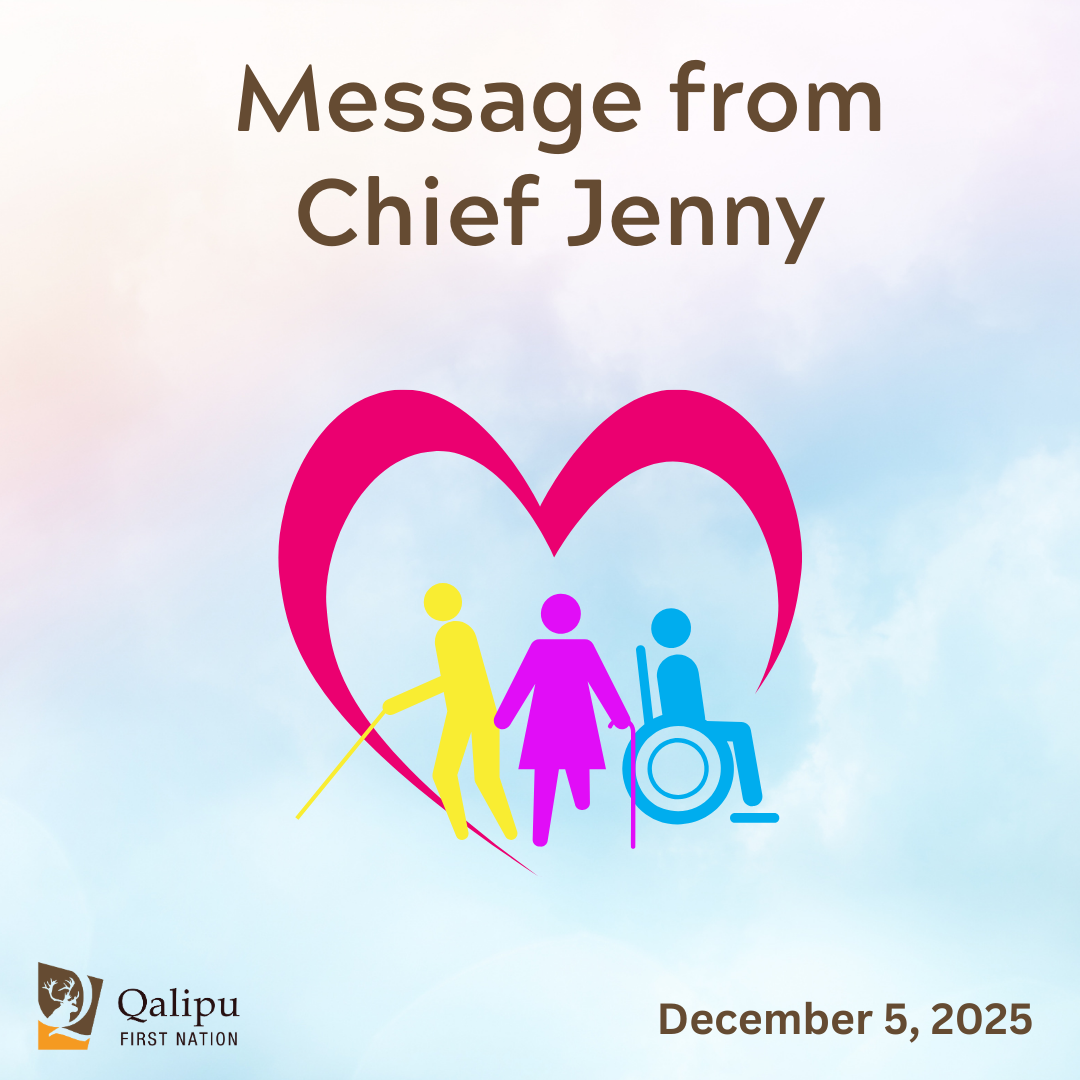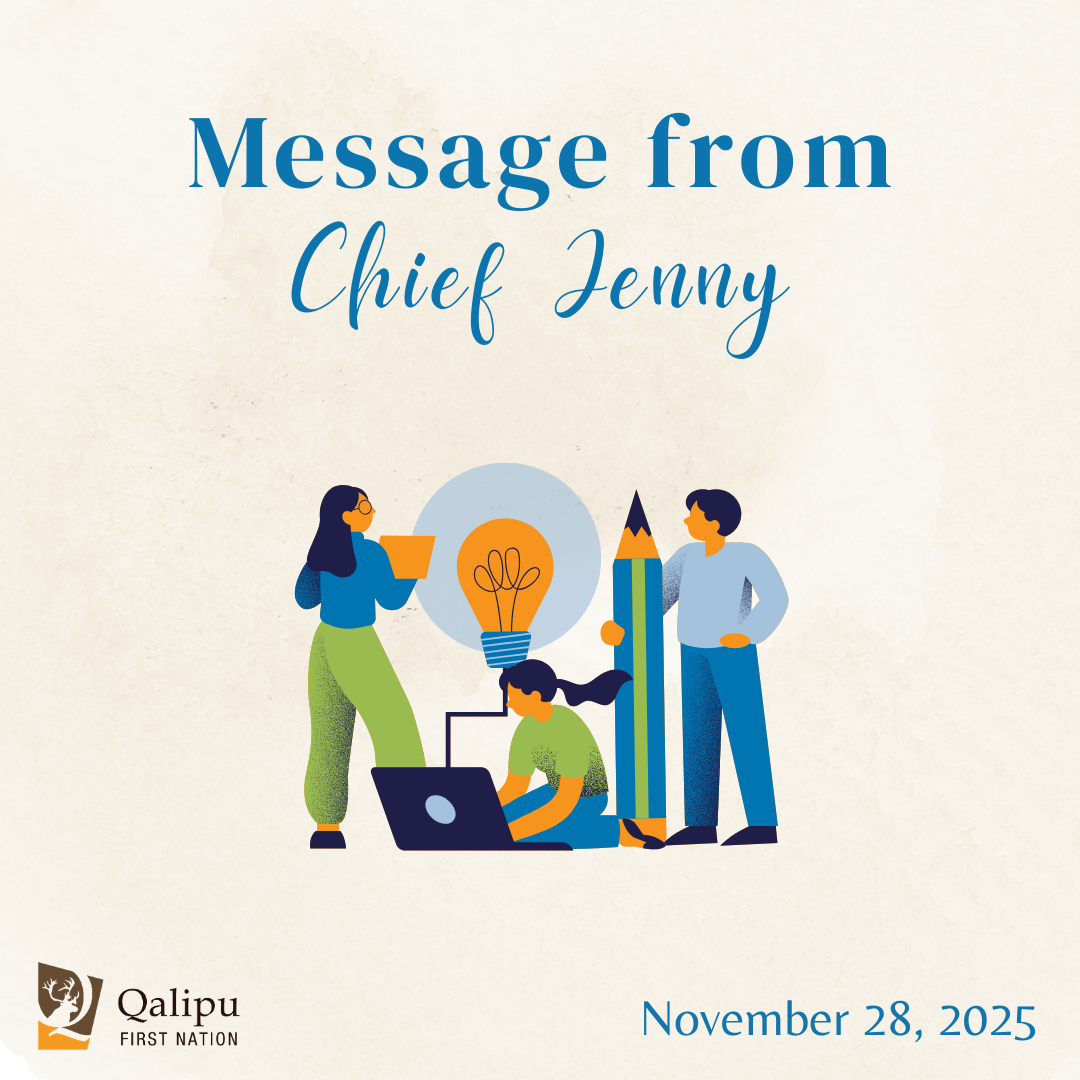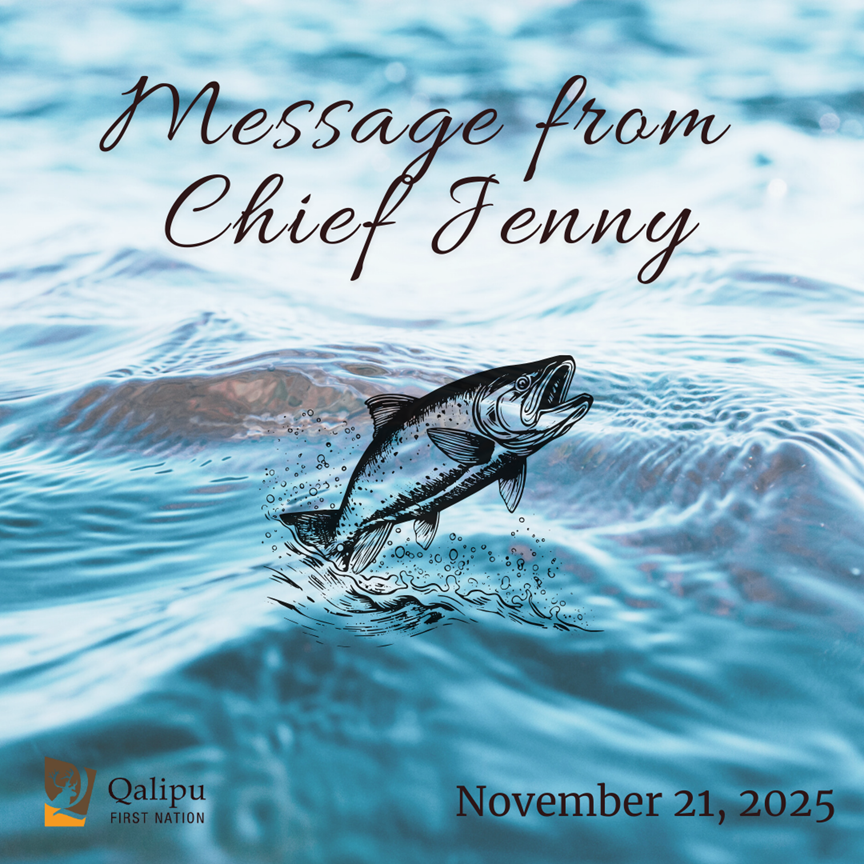This week, our team met with the Minister Chris Tibbs and members of his team to hear about the province’s decision to withdraw from the MOU on the South Coast Fjords feasibility assessment. This was not a conversation, rather a delivery of information. We have all been aware of the PC governments intent to pull out of this initiative since the election, but I suppose naively, we assumed there would be a discussion amongst the participants of the MOU prior to this decision.
Many of us remember the pride we felt when the MOU was first signed, there was a genuine sense of partnership, excitement, and shared purpose. Leaders at every level spoke about protecting biodiversity, honouring our deep connections to the land and water, and working together for the good of future generations. It truly felt like we were stepping into that work side by side. I think back to sailing the South Coast Fjords with community members, project partners and youth, and assuring them that we were doing our part to help protect this incredible place for generations to come.
This week’s announcement feels quite different, and I know many of us are feeling unsettled by that shift. What is most difficult is the lack of communication leading up to this decision. When something this significant changes direction so suddenly, and without meaningful conversation among all the partners, it naturally raises concerns. We have lived through governments making unilateral decisions before, and it is hard not to feel echoes of that history now.
What makes this especially challenging is that the decision seems to have been made with a narrow focus on economics, without fully considering the broader picture. Conservation is not separate from economic well‑being, it is part of it. Tourism in this province depends on the beauty and health of our lands and waters. Our fisheries rely on strong conservation measures to survive. These are not small considerations, and they deserve space in the conversation.
Our intention in signing the MOU was simply to explore possibilities together, to look at the science, the cultural knowledge, the economic realities, and the long‑term needs of the region. A feasibility study is just that: a study. It is a chance for everyone to understand the impacts, benefits, and challenges before any decisions are made. That is why collaboration and open communication are so important.
Even with this setback, our commitment to the South Coast Fjords has not changed. We will continue to show up, to advocate for balanced and thoughtful approaches, and to remind all partners that decisions about these lands and waters must include the voices of the people who depend on them.

